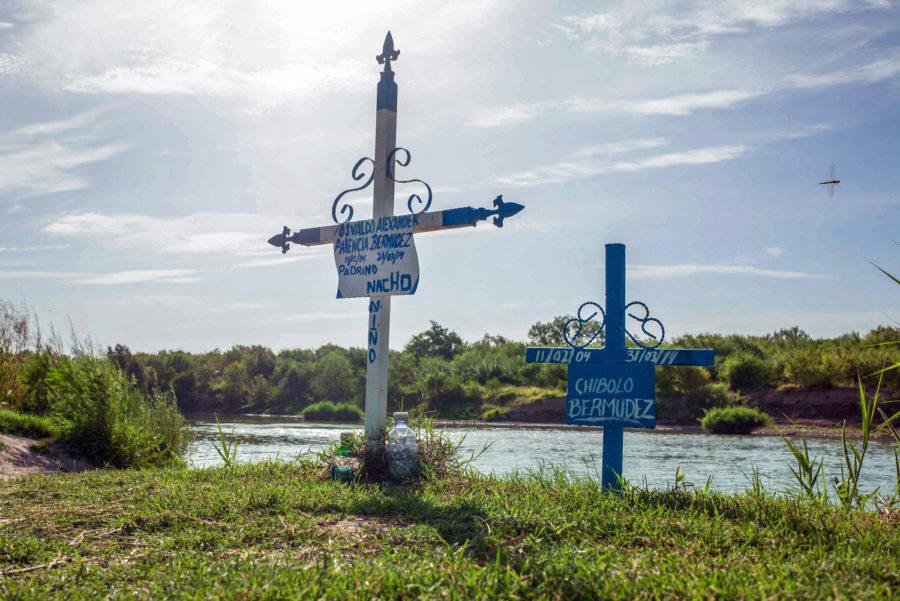Photo of drowned Syrian boy highlights U.S. responsibility to South, Central Americans
September 6, 2015
Photos of a Syrian boy who washed up on a Turkish beach sparked debate about the responsibility of European countries to take refugees fleeing war-torn Syria and Iraq.
Here’s a link to the photos of the Syrian child
The U.S., because of its distance from the Mediterranean, has not felt as heavy a burden from these refugees as Europe has, but it has its own refugees to deal with.
The Hispanic immigration debate is often framed around people looking for jobs, but many of these immigrants should be considered refugees rather than people just looking for work.
Many migrants flee rampant corruption, powerful drug cartels and barbaric violence in their home countries of South and Central America, in addition to poor economic conditions.
According to a study by the UN Refugee Agency, the total number of apprehensions of unaccompanied and separated children from El Salvador, Guatemala and Honduras by U.S. Customs and Border Protection jumped from 4,059 in fiscal year 2011 to 10,443 in fiscal year 2012, and then more than doubled again to 21,537 in fiscal year 2013.
Nearly half of the children interviewed by the UN Refugee Agency reported being personally affected by organized crime violence.
These are huge numbers, and don’t account for any adults or the children who have not been picked up by the U.S. Customs and Border Protection.
Children, as it is with any armed conflict, are the most vulnerable and likely to suffer. The violence of South and Central America can be enough to flee even for middle class Hispanics who don’t need the U.S. to get a job.
Kidnappings have become an increasingly popular source of revenue for drug gangs, especially in Mexico, and they often target middle class families.
“There were 1,583 kidnappings reported to Mexican police in the first 11 months of 2013, more than the whole of 2012, and a quadrupling of the number since 2007,” according to an article by Time Magazine. “Many of today’s victims are professionals and small businessmen who pay five figures.”
Yet public discussion of immigration often goes back to the job market and economic opportunities. There’s certainly a place for that discussion — many children interviewed by the UN Refugee Agency said they fled for better economic opportunities as well as to escape violence and parental abuse — but the violence must be a larger part of the debate.
It’s easy for Americans to see a photo of dead Syrians and say, “Europe should be doing more to help these people,” but would photos of dead Hispanic children have the same effect?
































































































































































